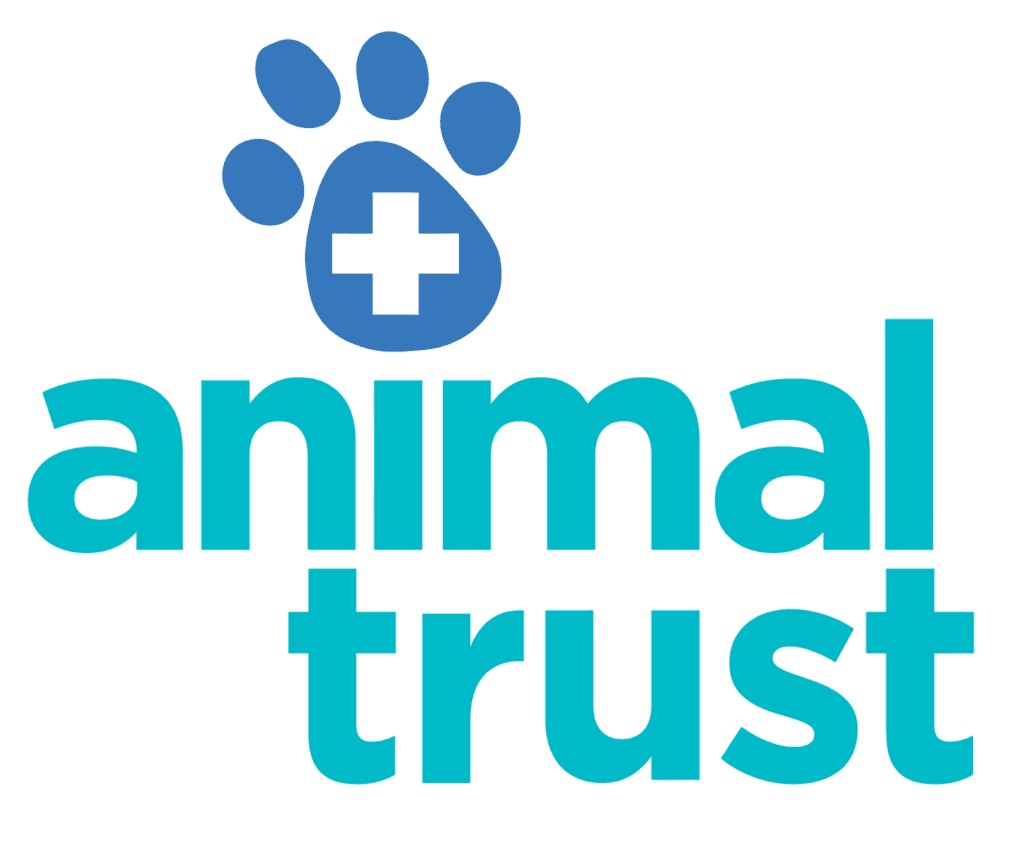
What is Antifreeze Poisoning - Dogs
Most antifreeze products contain ethylene glycol, which is extremely toxic to cats and dogs. Animals are attracted to the sweet taste of de-icers, leading them to lick spillages on the road or in the garage. Unfortunately, antifreeze can be fatal to pets.
Written by Dr. Mariella Roberts, Veterinary Surgeon, Animal Trust Vets CIC | Published January 2025 | Review Date January 2017 | This advice is for UK pets only and is not a replacement for seeing a vet

Why is antifreeze poisonous to dogs?
Antifreeze, which contains ethylene glycol, is a potentially fatal toxic chemical, this issue primarily affects dogs and cats. Ethylene glycol is usually found in vehicle radiator antifreeze and household products. The natural sweetness of ethylene glycol makes it appealing for pets to taste. Licking even a small amount can cause serious and irreversible damage to the body, especially the kidneys.
Symptoms
Vomiting; tiredness; collapse; urinating more or less than normal; loss of coordination; wobbly and weak; abnormal behaviour; and seizures.
When to contact your vet
Contact your vet as soon as you suspect your pet has ingested antifreeze. The sooner you act, the better.
Diagnosis
Diagnosis is based on clinical exam, history of exposure to the toxin, along with blood test and urine test.
Treatment of antifreeze poisoning
IV fluid therapy; supportive care for gastrointestinal symptoms and effect of toxins
Prevention of antifreeze poisoning
Use labelled and sealed containers; buy antifreeze that contain a bittering agent; clear any possible antifreeze spillage.
Outlook
Sadly, many pets die after ingesting antifreeze because it's extremely toxic and causes irreversible damage very quickly.
